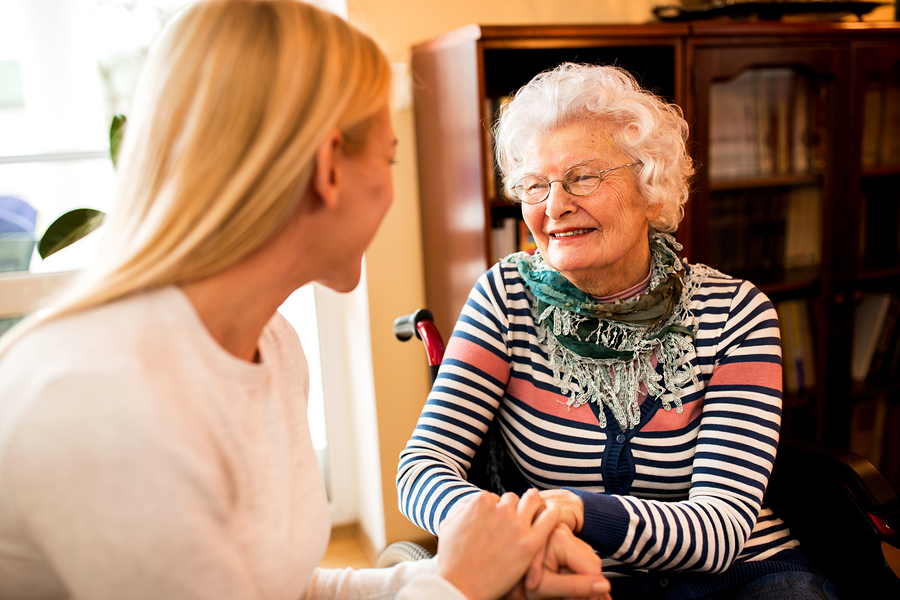Embracing a healthy lifestyle is not as challenging as a lot of people would think of it. If you want to make a revamp with your life, you do not need to go to the extremes of making drastic changes to your current routine.
Small changes matter, especially if they are done with consistency. If you are planning to change your lifestyle, these habits will help you in this journey:
1. Put standing in your routine
Of course, you are well aware that our bodies are meant to move all the time. So if you have been sitting in your chair for quite a long time now, you need to stand up and move around.
Sitting has adverse effects on the quality of your work and life, such as inflammation and the reduction of good cholesterol that may increase your chances of having a heart attack.
Standing and walking around allows you to move your muscles to promote proper digestion of sugars and fats. In a study by Dr. James Levine, standing up for about 90 seconds activates the muscular and cellular systems responsible for the production of triglycerides, blood sugar, and cholesterol.
Less sitting means more chances of living a healthier life.
2. Get the right amount of sleep
Sleep was never a luxury. To keep your body. Exceptionally your brain healthy, you have to acquire at least 7 hours of sleep.
Having a good sleep enhances your performance on a day to day basis. Those who cannot acquire the right amount of hours are not fully recharged to face and endure the day that is ahead of them.
While there are people who can function with just having 6 hours of sleep or even more, an average adult should have 7.5 to 8 hours of sleep per day, according to WebMD.
Having the right amount of sleep improves your memory and cognition, reduces stress, and keeps you fit. It also alleviates depression.
If you want to change your sleeping habits, a personal assessment would be excellent to cater to your needs.
3. Just keep moving!
A sedentary lifestyle is not a good idea if you want to develop healthier habits. You need to move around even just for about 30 minutes.
Moving around has benefits for your body, mind, and even your waistline. Exercising enhances your confidence and boosts your energy. It also helps you battle with stress.
You can do the basic exercises in the morning for starters. Do some stretching or walk around your neighborhood.
If you are too busy to hit the gym, you can always do squats and burpees at home, or run up and down the stairs to keep your body moving all the time.
4. Always drink water.
For sure, you are all so crazy about diet soda, but nothing will ever compare to water. You release fluids every single day, and you have to drink lots of water for you to replace them.
Keeping yourself hydrated all the time enhances your metabolism and replenishes your body. It also helps you burn more calories and aids in your digestion.
Make drinking water a part of your health routine, and it sure will boost your chances of living.
5. Start opening your windows
When you open your windows, you are also allowing fresh air to go inside your home. And of course, you need this.
Your home has pollutants and particles that are very harmful. With this, opening the window helps air everything out.
Who knows? Your house might have more air pollution than you’d ever thought. Pollutants may come with the form of candles, fumes, hairspray, etc. As these may not be harmful to you, mixing these things all together in the air might raise blood pressure, harden your arteries, and cause inflammation.
Keep your room ventilated at times as this conserves energy and promotes better health.
6. Eat nuts
When you aim to keep yourself healthy, choosing an excellent and healthy snack is a good idea since it makes you feel better.
Ditch the crackers and potato chips and indulge yourself in eating nuts instead. With its omega-3 component, nuts are known to be good for the heart and even your waistline. They also have healthy unsaturated fats to reduce inflammation and cholesterol and avoid the dangers of having cancer or heart disease.
7. Remove clutter from your life
You need to declutter. You must get rid of the things you don’t need and use.
Having too much clutter around you prevents you from getting focused on things. Decluttering allows you to keep your house clean and remove the unnecessary items inside your home. You also get to make your area spacious if you start eliminating clutter around you.
Decluttering does not apply to things or stuff at home. It may also mean people. If you start eliminating people who you don’t need and are toxic to you, you will begin to feel more relieved and energized. It does help your emotional health, too!
Having A Healthier Lifestyle
In a study, it has been found out that healthier habits can add more years to a person’s life.
If you are up for the challenge of embracing a healthier you, choose the habits that you think will suit you well. Never pick something you cannot handle.
Learn to appreciate the small changes that you witness every day since lifestyle change is a process. You are never too slow or fast, but you keep on moving forward.
Having a healthier lifestyle might be tedious, but it does not mean it is not doable. It may take time, but all the sacrifices will surely be worth it. Everything will work the way you want them to be.








